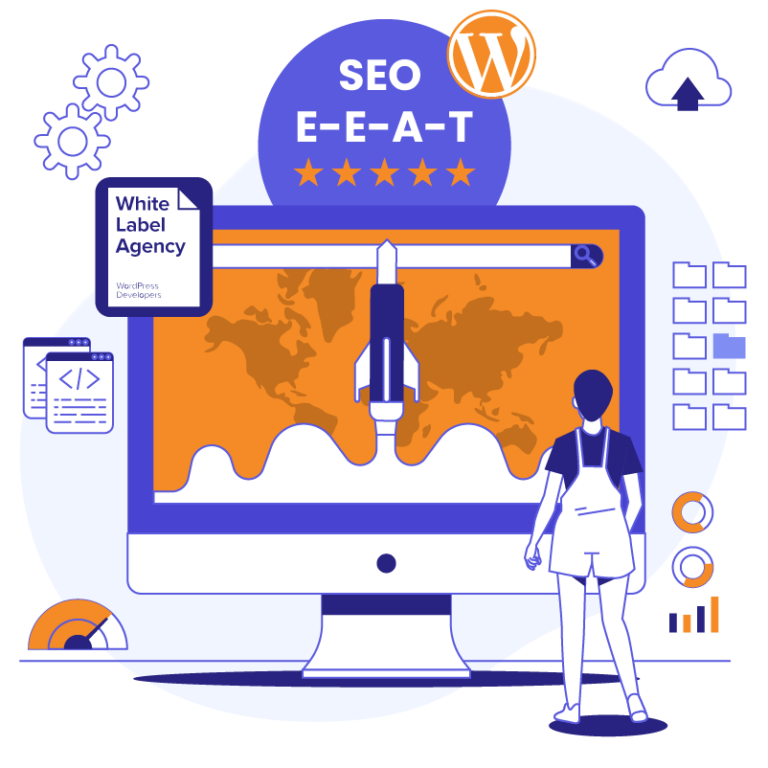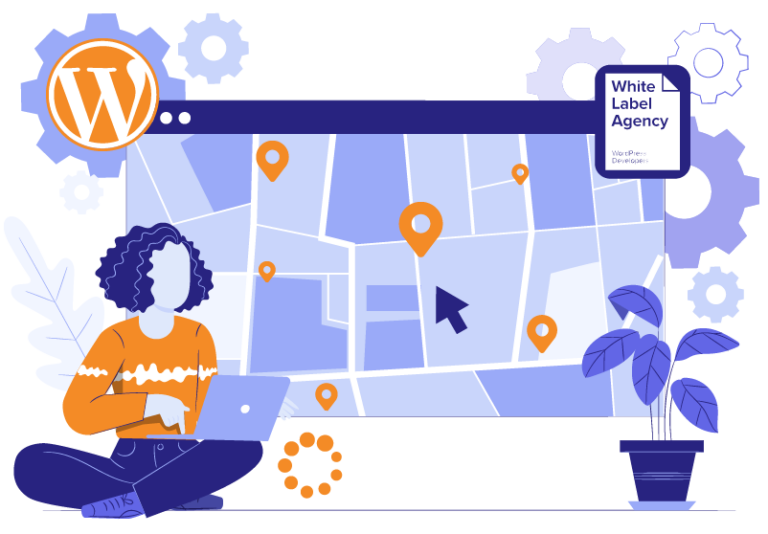For WordPress, 2015 can be summed up in two major changes: the WooCommerce acquisition and the introduction of REST API.
Last summer, WordPress bought WooCommerce in what is thought to be its biggest acquisition to date. WooCommerce was (and continues to be) the most popular e-commerce plug-in for WordPress, turning websites into online stores where customers can purchase directly from site owners instead of going through third-party vendors.
The acquisition meant that WordPress, which now powers the biggest share of the internet of any content management platform with 25 percent of sites running on its CMS, now also controls the biggest e-commerce plugin that powers 24 percent of online stores, according to WooCommerce’s website. The e-commerce plugin has been downloaded more than 7.5 million times since it was introduced and is behind around 600,000 online stores.
Buying WooCommerce means that WordPress sites can now easily be turned into commercial pages, where customers can directly purchase products.
Also in 2015, WordPress introduced REST API, a standardized set of rules for how its software will interact with other programs. The switch to REST API will make it possible for software developers to build integrated systems across websites that don’t run on the WordPress content management system and it will give them more control over both backend and frontend features. With this addition, WordPress has moved even further into becoming a fully-featured application platform.
On the backend, developers will be able to choose what programming language they want to code in, rather than being limited to the traditional plugin framework and PHP. To be fair, PHP is still powering over 80 percent of websites. However, in the last decade, other programming languages like Ruby and Python have become popular among programmers because they’re faster and easier than older languages. Now, developers who have experience in different programming languages will be able to code on WordPress since the REST API gives those languages instant access to WordPress’ native functionality.
The REST API also will let WordPress move toward an app environment more geared toward mobile. Mobile developers will be able to treat WordPress as a server, making it an into a backend for native mobile apps. This is an important development as app usage is gaining increasing traction on mobile — about 80 percent of apps are mobile.
With its 2015 changes, WordPress is more customizable than ever and keeping pace with changes in software development to stay relevant as a content management system.



